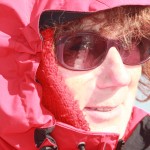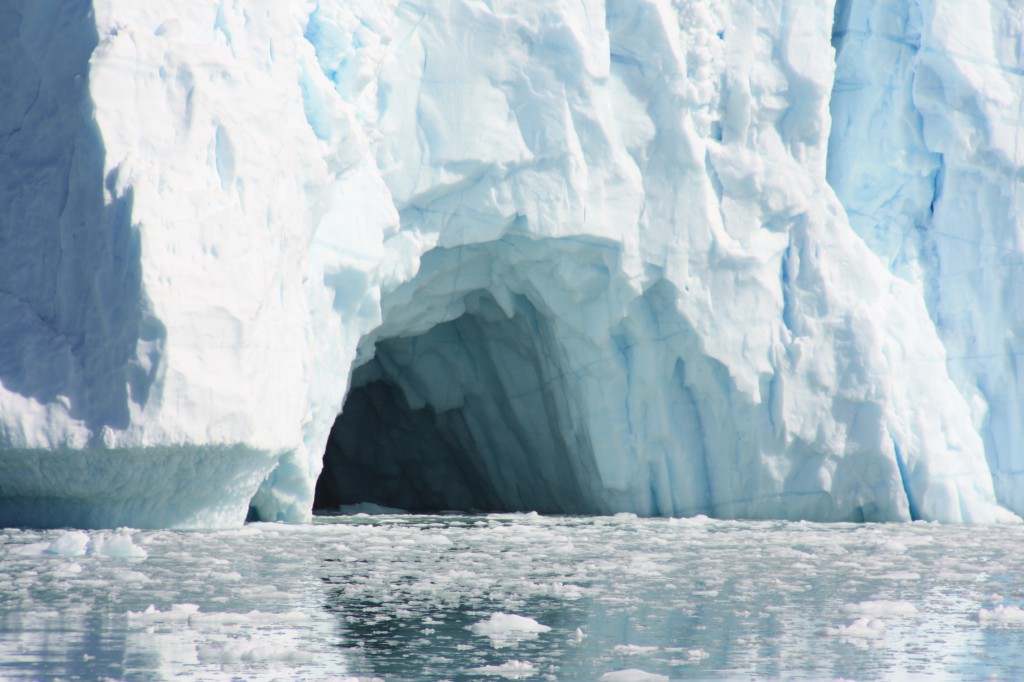Indigenous unite at Arctic meeting
Alta in far northern Norway was the scene of a key meeting of indigenous representatives from all over the world this week. The meeting was hosted by the Sami, the indigenous people of Scandinavia. The representatives signed a document taking UN member countries to task for “perpetuating the historic marginalization and exploitation of their rights and resources, most recently manifested in the illegal takeover of land by governments and multinational corporations in a race to meet the escalating global demand for food, fuel, fiber and mineral wealth”, according to a statement by Tebtebba. (Indigenous Peoples’ International Centre for Policy Research and Education)
This “Alta Declaration” is part of preparations for the World Conference on Indigenous Peoples which will take place in New York in September 2014. The statement calls on UN members to halt development models which are damaging to the livelihoods and health of indigenous peoples and the environment, “from forests and peatlands to rivers and glaciers that are of great global significance in the battle against the catastrophic effects of climate change”.
The chair of the meeting, Victoria Tauli-Corpuz said “I believe strongly that indigenous people are going to be the one who will save Mother Earth from ending in a disastrous situation”. That is an inspiring thought, but it would be quite a tall order and a huge responsibility to impose on the indigenous peoples, given the contributions the rest of us have been making to pollution and climate change. “We are in a very serious crisis – the environment is very much under stress. We have proven that the remaining ecosystems, the remaining lands and territories, the remaining oceans and waters – those that are still able to provide the basic needs of its populations – are found in our territories”, said Tauli-Corpuz, who heads Tebtebba, which is based in the Philippines.
The Arctic gold rush is clearly affecting Arctic indigenous peoples directly. But as the recent Arctic Council meeting showed, the rest of the world is taking a huge interest in claiming any “benefits” human-induced climate change is producing, in the form of easier access to the region and its resources.
It will also be interesting to observe the positions taken by indigenous peoples in places like Greenland. Wealth from mining or drilling to access resources is a tempting prospect, and could contribute towards increased autonomy. At the same time, there are clearly enormous risks to the environment. Is sustainable development of the “high north” possible at all?
















